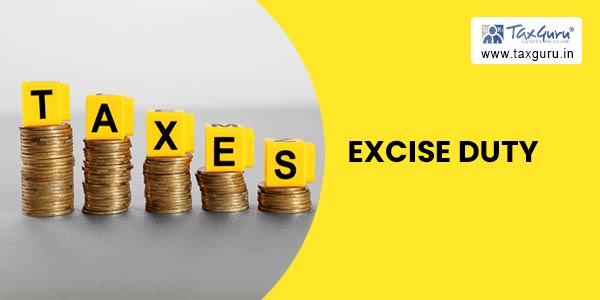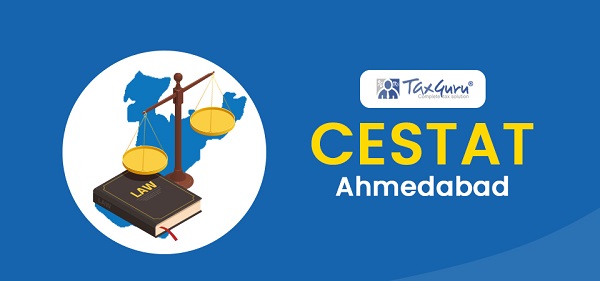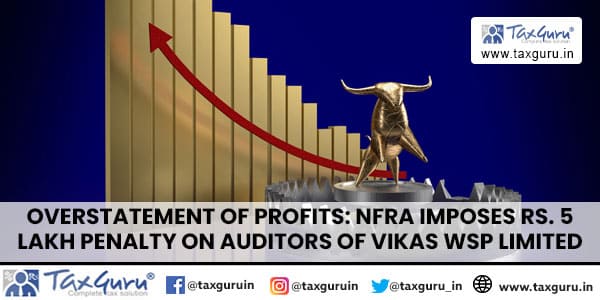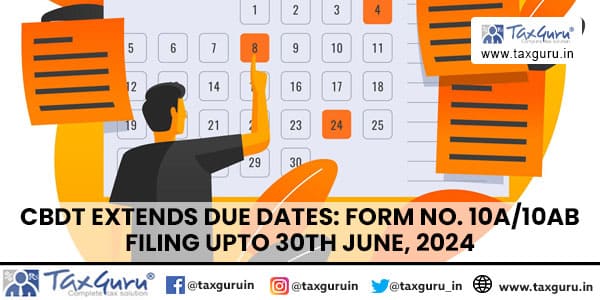We are living in a society where there is an increased number of divorces due to various reasons.
In case of any divorce generally the earning spouse need to compensate the non-earning / less earning spouse to maintain his/ her standard of living. Such compensation amount varies from 20% to 33% of periodical Income in case of maintenance amount or 20% to 33% of the total net worth of the paying spouse in case one time settlement.
Recently (Feb 2021) Supreme court has even directed to pay monthly alimony of Rs 1.75 lacs and pay arrears of Rs 2.60 crore or to go jail.
Now the question arises what will be the tax treatment of this alimony amount in the hands of paying and receiving spouse.
The taxability of Alimony is not covered by any section of Income Tax Act 1961. So we need to evaluate the same based on existing provisions of Income Tax Act.
The taxability of Alimony depends on the time and situation in which the same is received.
As understood the payment of alimony may be
1) Lump sum / one time payment at the time of divorce (On the order of court)
2) Lump sum / one time payment before the divorce (Voluntary)
3) Lump sum / one time payment after the divorce (Voluntary)
4) Periodical payment (i.e monthly / Quarterly/ Annual payment) after divorce
Taxability in hands of spouse paying the alimony
The person who pays alimony does not receive any tax benefit on such payment.
Even if a part of his salary directly gets deducted by his employer as per the order of competent authority then even he need to pay tax on gross income.
For Example: Mr X received a monthly salary of Rs 2,00,000. As per the court order Rs 50,000 is directly deducted and paid by his employer to the other spouse. So he will be receiving a net salary of (Rs 1,50,000- applicable tax and PF deduction etc). In this case Gross total Income of Mr X will be Rs 24,00,000 (2,00,000 x 12) and not Rs 18,00,000 (i.e 1,50,000 x 12), since Rs 50,000 per month is application of Income and not diversion of Income.
In case any property has been transferred to other spouse then clubbing provisions u/s 60 to 65 would not apply after the marriage cease to exist.
For Example: Mr X transferred a residential flat to his spouse Mrs Y without any consideration. Mrs Y let out such property and received annual rent of Rs 2,50,000. In this case u/s 64 of Income tax Act the said rent of Rs 2,50,000 would be taxable in hands of Mr X.
However after the marriage cease to exist, such rent would no longer be taxable in hands of Mr X (rather will be taxable in hands of Mrs Y).
Taxability in hands of spouse receiving the alimony
1) Lump sum alimony at the time of divorce on the order of court
Any lump sum alimony (in cash / kind) received by the spouse at the time of divorce (based on order of court) is treated as a capital receipt and will not be taxable in hands of receiver.
2) Lump sum alimony before divorce (Voluntary)
If any lump sum amount (in cash / kind) is paid before divorce then the same would not be taxable in hands of receiver since this will be treated as gift between relatives.
3) Lump sum alimony after divorce (Voluntary)
However any lump sum amount (in cash /kind) received after divorce will be taxable as Gift u/s 56 as such transaction will not be covered within gift between relatives after the marriage cease to exist.
4) Periodical payment (i.e monthly / Quarterly/ Annual payment) after divorce
The periodical alimony received by the spouse will be treated as “Income from other sources” and will be fully taxable. However such periodical alimony will be taxable on receipt basis and not on accrual basis. (Since the payer of alimony may default or dispute such alimony at any point of time)
For example – Mr X is payer of alimony and Mrs Y is receiver of alimony. So if alimony for a particular period is disputed by Mr X and not paid by Mr X then for that financial year nothing is taxable in hands of Mrs Y. However later on, on the verdict of court arrear of say 5 years is paid by Mr X to Mrs Y in FY 2020-21, then the whole amount of alimony received is taxable in hands of Mrs Y in FY 2020-21.
The above is based on the existing provisions of the Income Tax Act amended till Finance Bill 2021.






















If I get Rs.10 lac as alimony befiore divorce that is at the time of filing petition and receive 5 Lac on the day I sign divorce papers do I have to pay any tax.If yes then how much?
If husband and wife are both in Australia but in different states and if one of them file a divorce in US, can the other request the Australia court for divorce case in India?
Thank you for sharing.
You need to do your reading well before posting such articles.
(1) Sum deducted by virtue of courts order is known as “diversion of income by overriding title” and does not form part of the deductors income – there are lots of judgment on this point.
(2) Per the currie v misa judgment consideration can be in form of determinant which has been upheld even by tax tribunals thus even in case of voluntary payments post divorce nothing will be taxed because the money is received in consideration of divorce.
What about the concept of ‘diversion of income by overriding title’? That is, when there is a charge on the income before it is received by the assessee (the payer of alimony), say by a will, or a court judgement, etc., then the assessee is not liable to pay tax on such part of his income, is he?
I fully agree with first three points. But in case of receipt of Periodical payment (i.e monthly / Quarterly/ Annual payment) after divorce, you had pointed out that it will be treated as Income From Other Source. But in this situation tax is already paid by divorcee spouse (Ex. on salary in your example). The purpose of this money is “to maintain the status of divorcee spouse”.
In my opinion it will too be a tax free money.